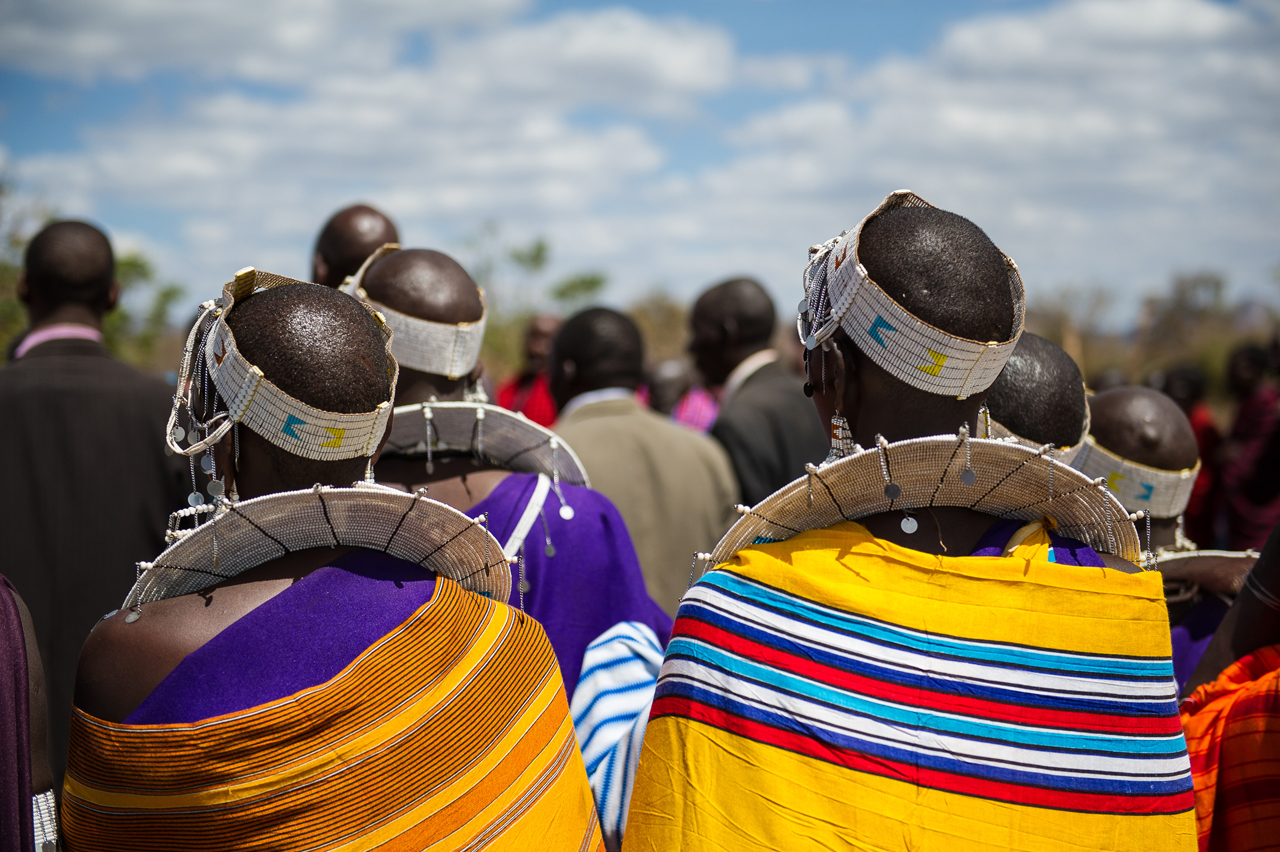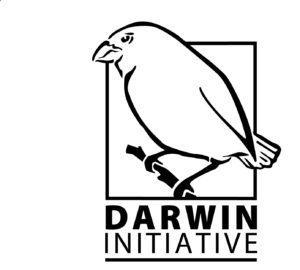
Rangeland degradation in northern Tanzania, driven by climate and societal change, reduces threatened wildlife populations and threatens food security for pastoralist communities. Here, women are the biggest victims of climate change and land degradation but are also key agents of change. This project pilots an innovative, pastoralist-driven, rangeland restoration process, empowering 60 women to become catalysts of sustainable management in a wildlife-rich, but degrading, corridor within the Tarangire-Manyara ecosystem, restoring grazing opportunities for >10,000 adults and their families.
The 3-years project, started in November 2020 is led by the University of York (UK) and implemented by Oikos East Africa (Tanzania), UCRT (Tanzania) and Istituto Oikos (Italy).
The project has selected and trained 60 women to lead rangeland restoration work.
Women are invested in conducting extraordinary protection and restoration work in some harsh environments, and have been removing large patches of invasive plants to promote a more natural composition of the vegetation.
Fourteen community members have been trained to assess rangeland’s health through rigours yet simple rangeland ecological monitoring.
More than 2,000 pupils have participated to a 10-lessons course through engaging debates around rangelands’ health, threats and solutions, and listened to podcasts narrated by pastoralist children living in Northern Tanzania dry rangelands, who shared their observations and first hand experiences.
